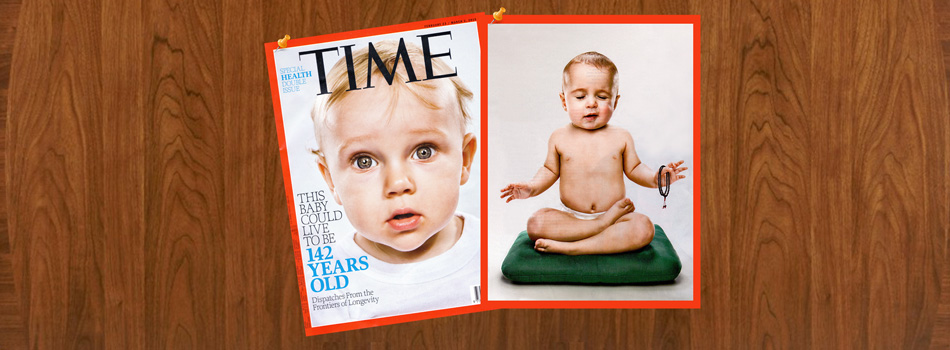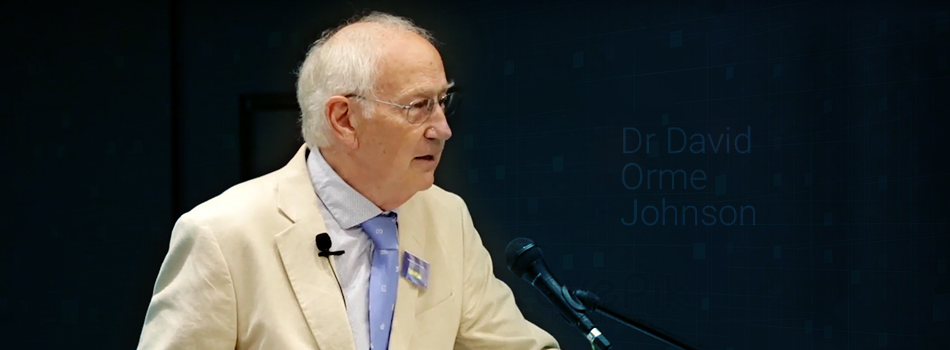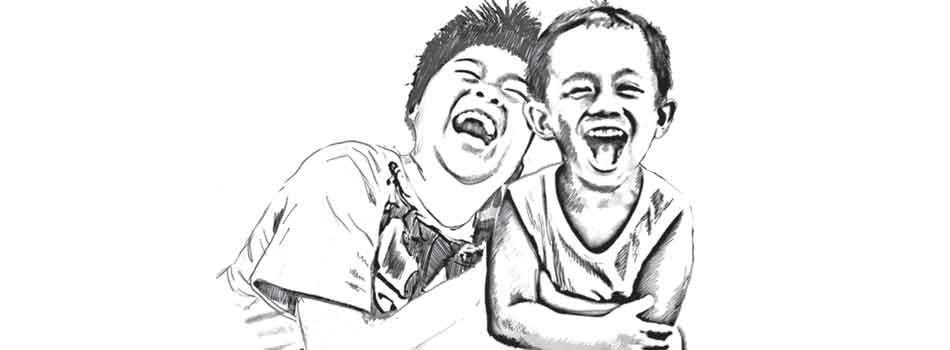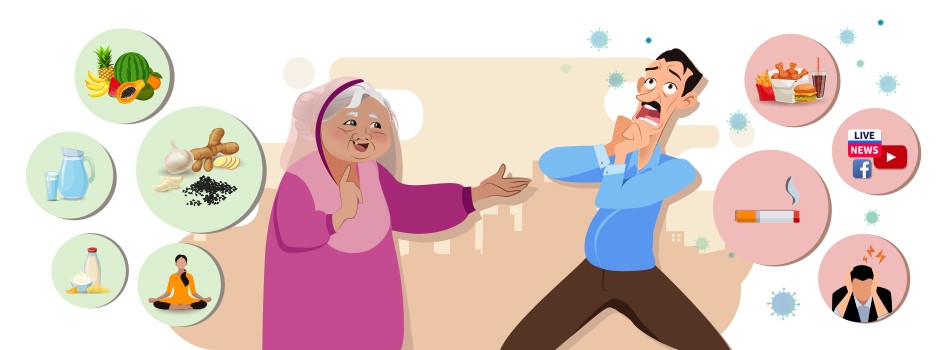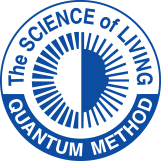
So What is the New Perception on Healing?
published : 12 January 2017
Faith can Lead to Healing
Belief and faith aren’t just for success in life they are equally important for healing and health as well. The popular 'Placebo Effect' is nothing but just a new name given to faith, where it plays the most important role in the recovery of a patient.
This placebo effect sometimes works better than the real medicines itself. A researcher of Harvard Medical School- Dr. Ted Capchuck ran a research on IBS patients, where they were provided with ordinary sugar pills instead of proper medicines, which takes no part at all, in curing IBS. However, the patients still got rid of their pain and recovered from IBS as they were told that they are going through the actual IBS treatment.
Again, Irving Kirsch of University of Hull in England said, when we explain the patients the function and process of a medicine, it speeds up the placebo effect. He believes we can use this power of belief in every kind of problem including- headache, skin problems, pain relief, heart rate, blood pressure, along with strengthening immunity system.
Positivity
Have you watched the movie Three Idiots- if not you might consider watching it! Anyways, the main hero in the movie always said -"All is Well"- whenever struck by a difficult situation. Did it always eliminate the problem? No, but it most certainly gave the solution for it. Nonetheless, this notion is not limited to the movies anymore. Even the results of extensive studies are saying the same thing that, if you always say to yourself 'Everything is going well' or 'Everything's gonna BE alright', if you keep on hearing positive words and think positive- with strong belief- you would actually start attracting positive things towards yourself!
The stress, caused due to many issues in our daily lives, strains our sympathetic nervous system, creating the 'fight or flight' respond in our mind. And this continuous process leads to diabetes and/or memory disorders like Alzheimer’s. This is how the negativity and stress make us sick. On the other hand, positive thinking doesn’t just reduce stress it also creates a sense of security and faith that everything’s going to end well.
According to scientists, hopeful people recover faster. They are always a step ahead when it comes health whether it is, the post operation recovery, effectiveness of immunity system, or disease-free long life. But that’s not it. The positive and hopeful patients, suffering from cancer, heart disease or kidney problems, also live a better and healthier life. Hence, they suggest- be hopeful and think positive.
Meditation brings Peace and Slows Down Aging
Even though our saints and sages had been meditating, in the hope to gain spiritual enlightenment, the scientists, nowadays, are suggesting that meditation is actually an essential tool for health and healing as well. It is discovered in many researches that meditation boosts the immune response in vaccine recipients and cancer patients, protects against a relapse in major depression, soothes skin conditions and even slows the progression of HIV.
Meditation might even slow the ageing process. Telomeres, the protective caps on the ends of chromosomes, get shorter every time a cell divides which plays a role in ageing. Clifford Saron of the Center for Mind and Brain at the University of California, and his team recently showed that levels of an enzyme that builds up telomeres were higher in people who attended a three-month meditation retreat than in a control group. As a result, the size of telomere remains unchanged during a cell division, which slows down aging.
Meditation plays an important role for stress release as well. People who meditate have lower cortisol levels, and one study showed that they have changes in their amygdala, a brain area involved in fear and the response to threat. According to Elissa Epel, a psychiatrist at the University of California, San Francisco, meditation may also boost "pathways of restoration and health enhancement", perhaps by influencing the secretion of hormones. Therefore, the scientists suggest 'meditate regularly'. This time taken out for self-reflection, focusing on yourself could improve your health in every way.
Compassion increases Warmth in a Relationship
Being lonely increases the risk of everything from heart attacks to dementia, depression and death. After a long study on the effects of social isolation, John Cacioppo of the University of Chicago, said, ‘The effect (of loneliness) is so strong that curing it is as good for your health as giving up smoking.’
Charles Raison of Emory University in Atlanta, Georgia, who studies mind-body interactions says, "People who have rich social lives and warm, open relationships, don't get sick and they live longer." On the other hand, lonely people are more susceptible to stress. It is said, 'In lonely people genes involved in cortisol signaling and the inflammatory response were up, and their immunity system was comparatively weak, as well.' They are more vulnerable to viral or bacterial diseases. And therefore it is highly regarded to get yourself out of the shell of loneliness and increase social interaction to avoid this from happening to you.
Dive within, to Explore your Superior Existence
There are thousands of studies purporting to show a link between some aspect of religion and better health. Religion has been associated with lower rates of cardiovascular disease, stroke, blood pressure and metabolic disorders, better immune functioning, improved outcomes for infections such as HIV and meningitis, and also lower risk of developing cancer.
Richard Sloan of Columbia University Medical Center in New York, pointed out religious people often have lower-risk lifestyles and churchgoers tend to enjoy strong social support, and seriously ill people are less likely to attend church. And religiosity and spirituality does have a protective effect.
Some researchers attribute it to the placebo effect- trusting that some deity or other will heal you may be just as effective as belief in a drug or doctor. Paolo Lissoni of San Gerardo Hospital in Milan, Italy, who did the lung-cancer study mentioned above, believe that the positive emotions associated with "spirituality" promote beneficial physiological responses.
The lifestyle based on spirituality develops the sense of purpose in life. And having an idea of why you are here and what is important increases the sense of control over events, rendering them less stressful. According to Saron, who identified the various benefits of meditation, "the profound impact of having the opportunity to live your life in a way that you find meaningful".
Source: NewScientist (27 August 2011)









